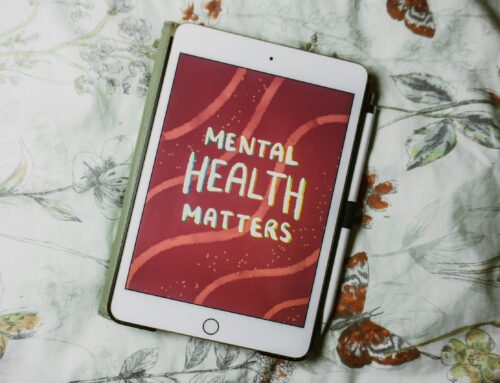Millions of people are struggling with mental health issues. However, high costs and a lack of qualified professionals often leave them without an opportunity to access proper care. The paradigm seems to have been changing slowly powered by artificial intelligence (AI). AI therapy which involves the use of chatbots, and apps focused on offering mental health support is now a trend. But can this virtual therapy option be a replacement for human therapists?
AI Therapy capabilities
Unlike humans, AI therapy has great capabilities that can be effective in addressing the current shortage of mental health professionals. The tools offer 24/7 availability and do not require scheduling or visitation to the therapist’s office’s location. They can also provide efficient entry points to therapy unlike those of traditional options. this aspect can enhance high acceptance across the population.
The AI therapy’s potential is above basic support. This option can analyze user data to deliver personalized services. it can also flag any concerns from the client’s pattern for effective follow-ups. All these capabilities not only enhance timely and customized service therapy but also fill the gap in accessing quality mental health care.
Concerns about AI therapy
While it has great potential, patients are skeptical about using them due to various concerns. Data privacy, misdiagnosis, lack of empathy, and limited expertise appear to be the major concerns that make users hesitant to utilize these therapeutic options. the shortfalls make it impossible for them to take a human position in the therapy world.
Future of mental healthcare
Despite the shortfalls, it is undeniable that AI therapy is the future of mental health. They will serve as the first line of defense. Their capability sets them as the bridge to fill the gap between the mental health professional shortage and the clients’ demand.





